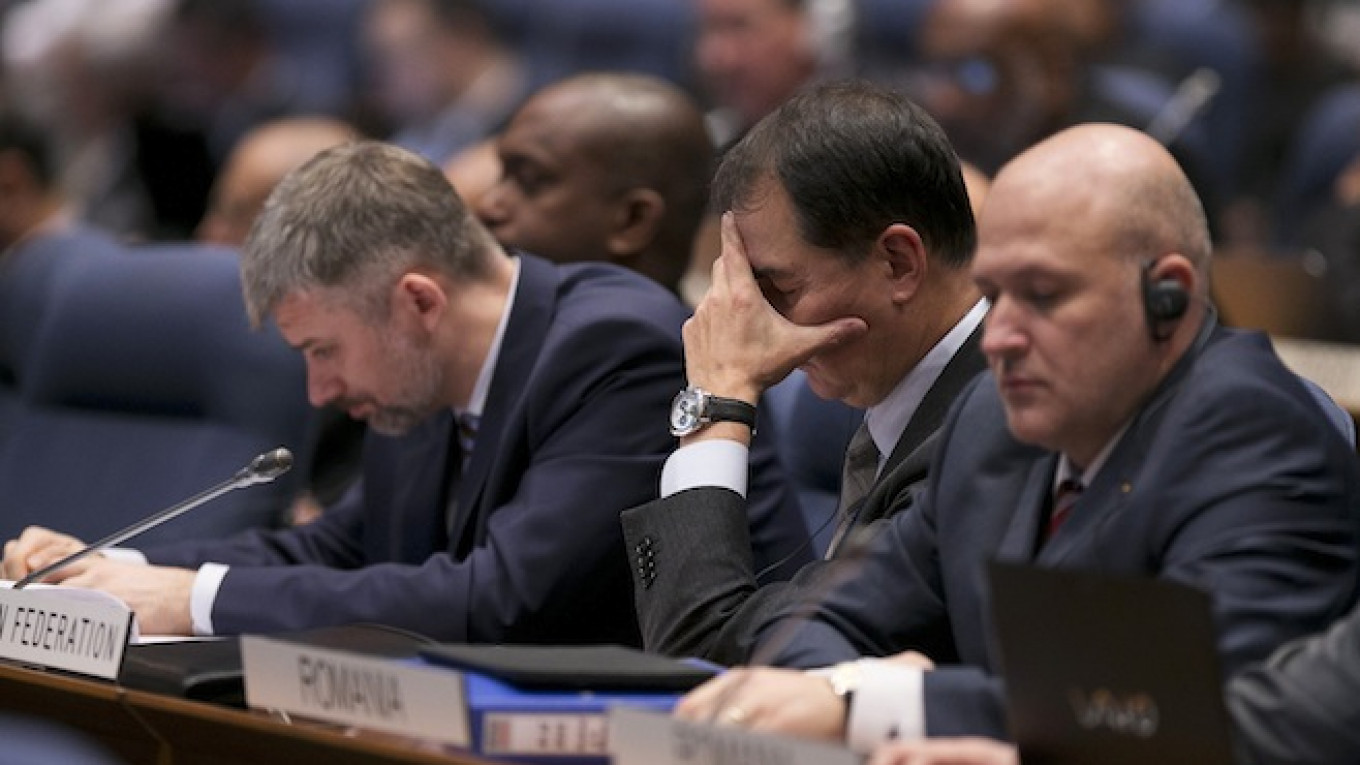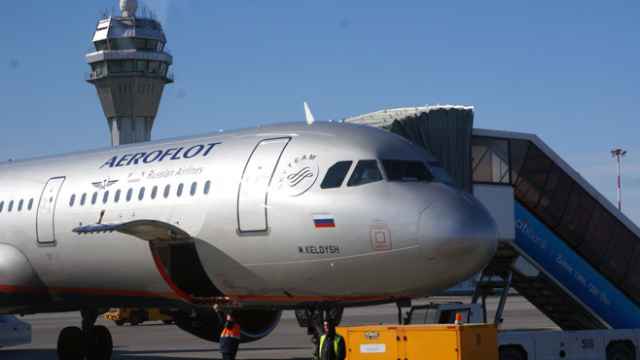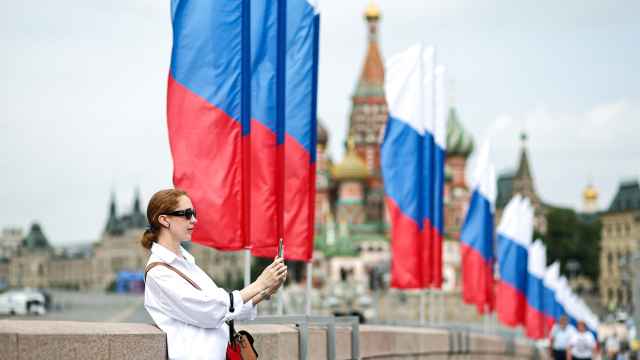MONTREAL — The UN aviation agency has said at a major safety conference that it will press ahead with plans to establish a warning system for airlines on conflict zone risks despite reservations from Russia.
Aviation officials also rallied behind a plan to track commercial aircraft in a twin response to several Malaysian airline disasters last year.
A senior Russian official had told a gathering of the International Civil Aviation Organization that plans for a centralized information-sharing system posed legal risks that could only be addressed by a full meeting of all 191 ICAO member states in 2016.
But ICAO Secretary-General Raymond Benjamin said the Russian intervention would not delay the initiative to next year.
"The Russian Federation has proposed certain amendments, but there was no support for these proposals," he said.
The UN's aviation agency, has been under pressure to come up with a new system to protect aircraft from risks after Malaysia Airlines flight MH17, flying from Amsterdam to Kuala Lumpur, was shot down over eastern Ukraine last July.
The incident occurred during fighting between Ukrainian troops and pro-Russia separatist rebels. The U.S. has said the plane was hit by a ground-to-air missile fired by the Russian-backed rebels, but Moscow blamed the Ukrainian military for downing it.
"I think it would reflect on us very badly … if we did not see these ideas through to delivery," Patricia Hayes, Britain's top aviation official, told the ICAO safety conference.
Speaking for the European Union, the Netherlands, which lost 196 citizens aboard MH17, said there was no need to delay setting up an information-sharing prototype.
In a statement, ICAO said its members strongly supported the scheme and referred the matter to its 36-nation Council, of which Russia is a member. A final decision is not expected until later this year.
ICAO rarely grabs headlines, but diplomats say its 70-year-old system of aviation standards is among the most effective examples of international co-operation, albeit one that is often criticized for taking too long to make decisions.
Last year's Malaysian airlines' tragedies have echoed round its corridors in some of the most sensitive debates since the downing of a South Korean civilian airliner by a Soviet fighter jet in 1983 or that of Iran Air flight 655 by a U.S. warship in the Gulf in 1988.
In a brief spat on the floor of Tuesday's meeting, Ukraine demanded that parts of a Russian working paper on MH17 be withdrawn.
Real-Time Tracking
ICAO members also backed a tight deadline to improve the tracking of passenger planes in a push to prevent a recurrence of the still unsolved disappearance of Malaysia Airlines flight MH370.
Several nations are keen to show progress in time for the March 8 anniversary of MH370. Regulators and airlines were criticized for responding too slowly to French recommendations on tracking following the crash of an Air France jet over the Atlantic in 2009.
ICAO urged airlines not to wait to install tracking systems that are already available.
"We know that there are technologies available today," Nancy Graham, director of ICAO's Air Navigation Bureau, said.
Britain, China, the U.S. and others supported the tracking improvements which would apply progressively from November 2016.
Aircraft would have to send their position at least every 15 minutes, or more often in case of emergency, but it would be up to each state to decide how and when to implement this.
Malaysia said it was "unacceptable" that an aircraft or its crucial flight recorders could be lost, decades after satellites were invented.
Airlines have been criticized for backing away from stop-gap proposals to fit existing tracking technology in their planes within 12 months.
The International Air Transport Association, which represents about 200 airlines, defended their record.
"Many airlines are tracking their aircraft today," said IATA Director General Tony Tyler.
He urged regulators, however, to ensure that "hasty action" did not add complexity or "unintended impacts on safety."
A Message from The Moscow Times:
Dear readers,
We are facing unprecedented challenges. Russia's Prosecutor General's Office has designated The Moscow Times as an "undesirable" organization, criminalizing our work and putting our staff at risk of prosecution. This follows our earlier unjust labeling as a "foreign agent."
These actions are direct attempts to silence independent journalism in Russia. The authorities claim our work "discredits the decisions of the Russian leadership." We see things differently: we strive to provide accurate, unbiased reporting on Russia.
We, the journalists of The Moscow Times, refuse to be silenced. But to continue our work, we need your help.
Your support, no matter how small, makes a world of difference. If you can, please support us monthly starting from just $2. It's quick to set up, and every contribution makes a significant impact.
By supporting The Moscow Times, you're defending open, independent journalism in the face of repression. Thank you for standing with us.
Remind me later.





